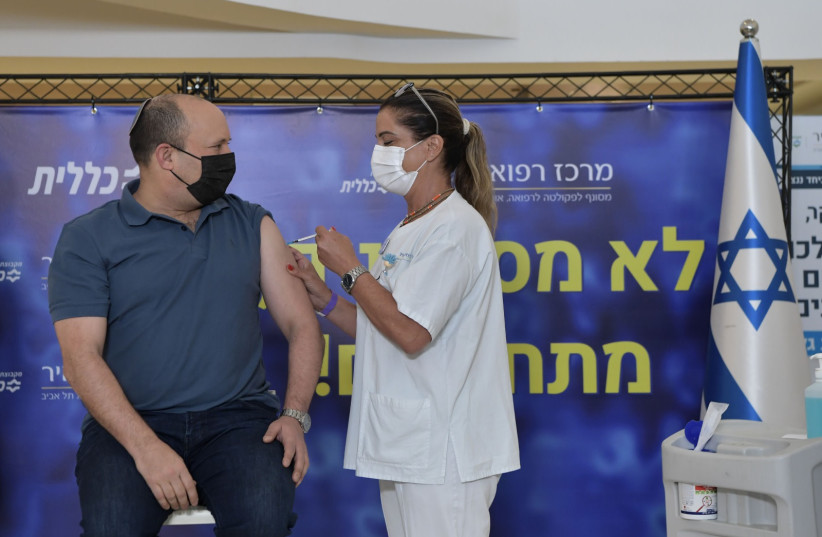The coronavirus pandemic will be over within a year, Moderna CEO Stéphane Bancel said on Thursday, as more vaccines become available and vaccines are approved for children, he told the Swiss Neue Zürcher Zeitung (NZZ) newspaper.
Bancel estimated that by the middle of next year there should be enough vaccine doses so that "everyone on earth can get vaccinated" and boosters should also be possible as required, allowing a return to the routine by this time next year.
"Those who do not get vaccinated will immunize themselves naturally because the Delta variant is so contagious," Bancel told NZZ. "In this way, we will end up in a situation similar to that of the flu. You can either get vaccinated and have a good winter, or you don't do it and risk getting sick and possibly even ending up in hospital. Let's not forget that tens of thousands die from the flu every year in Europe and the US."
Moderna also plans to begin clinical trials on a combination coronavirus-flu vaccine by the end of this year, with expectations that the vaccine will be available in 2023, Bancel said. The company is also working to include viruses that cause the common cold with the hopes that in the future only one vaccine against respiratory viruses will be needed.
The Moderna CEO additionally pointed out that while the Pfizer and Moderna vaccines had similar effectiveness in phase III studies, the effectiveness of the two vaccines decreased at different rates. Bancel explained that Moderna believes that this is because the dose of its vaccine is three times larger than that of the Pfizer vaccine.

He added that while the booster shot of the vaccine is still the same as the other two doses, the company is working on a vaccine optimized for the Delta variant for booster shots in 2022 and a vaccine made for the Delta variant and the next variant expected by scientists.
Bancel told NZZ that at-risk patients who were vaccinated last winter "undoubtedly" need a booster shot.
In response to a question about how safe the vaccine is, Bancel explained that half of the injected molecules break down with four hours of vaccination, with the rest breaking down after 48 hours. Independent and verified studies determined years ago that Moderna's mRNA does not enter the DNA nucleus or cause long-term damage. "We have also made the vaccine safer and safer in other ways over the past few years," he said.
